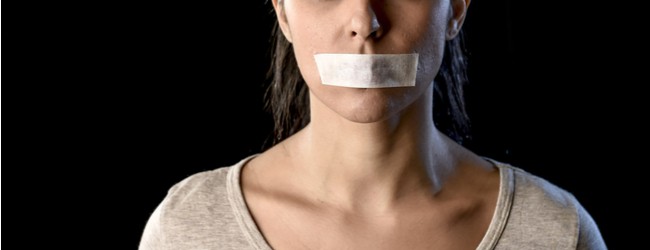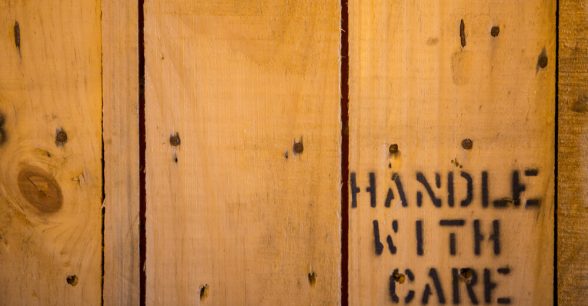Disabled People Can Sexually Harass and Assault People, Too
There are many reasons as to why women who have experienced sexual harassment or abuse do not come forward straightaway, including the fear of not being believed. Such disbelief often stems from the perpetrator not matching stereotypes of the sort of person who would commit such an act, i.e. the perpetrator being disabled. This is because disabled people are often considered asexual, which can lead to dismissing the fact that disabled people too can be capable sexual assault or harassment. I have experienced first-hand unwanted sexual attention from a man who shares the same impairment as myself – dwarfism – and with whom I had refused to go on a date.
It happened while I was trying to recruit participants for my PhD research. My thesis focused on the social and spatial experiences of people with dwarfism in the UK. It was a qualitative study, so I was required to go out and recruit people with dwarfism. To do this, I attended a few events held by different associations for people with dwarfism. These events allow people with dwarfism to meet up and socialise without the risk of experiencing the usual unwanted attention that people with dwarfism experience in society, such as being stared at, photographed and called names. It comes as a welcomed relief to be able to socialise in a space in the same way that the average sized person gets to on a daily basis. Whilst it was supposed to be a safe space for people with dwarfism, it also allowed for some of the same unwanted behaviours to arise that unfortunately also occur in everyday society, including unwanted sexual attention.
Whilst at the event, a man asked me to be his date for the disco the association was holding that night. A research project by Robert Kruse (2002) noted that conventions held by associations for people with dwarfism allow their members to meet one another and find a “romantic” partner. Whilst I do not see this as an issue when the feeling is mutual, when someone refuses a date that should put an end to the matter. I refused his offer of a date but the nonetheless this did not stop the man from imposing his attention on me.
For the evening meal, I was placed at the same table as him. I spent more time speaking to another person than I did with him. After dinner, when I went off to get coffee, he followed me and persisted in his unwanted sexual attention. I distanced myself from him, and later spoke to my PhD supervisors about the incident and reported it via email to the association. No action was taken. I was told that it would be brought up at the next committee meeting, but didn’t hear back from them until they read what had happened in my PhD thesis. I was told that after reporting the incident in my thesis, that there was conflicting evidence, but they didn’t explain what it was, or ask me for a detailed statement was never taken from me. I felt reporting the incident had been a waste of time, and also had negative repercussions for me.
Being disbelieved can make you feel like a liar, which has affected me emotionally. I often think about whether or not I was to blame and question my self-worth. I had supposedly done what was expected by society, however, I felt it had only made things worse for me. Now, the association that I reported the incident to never acknowledges the wealth of academic and non-academic work I have done in regard to raising awareness for dwarfism, despite that being one of the aims of the association. This makes me feel like a pariah, who has done wrong for speaking out against sexual assault. Even now, I worry about the repercussions of daring to speak out about what happened to me.
References:
Kruse, R. (2002) Social spaces of little people: the experiences of the Jamisons. Social and Cultural Geography. 3 (2) 175-191
About Rooted In Rights
Rooted in Rights exists to amplify the perspectives of the disability community. Blog posts and storyteller videos that we publish and content we re-share on social media do not necessarily reflect the opinions or values of Rooted in Rights nor indicate an endorsement of a program or service by Rooted in Rights. We respect and aim to reflect the diversity of opinions and experiences of the disability community. Rooted in Rights seeks to highlight discussions, not direct them. Learn more about Rooted In Rights



